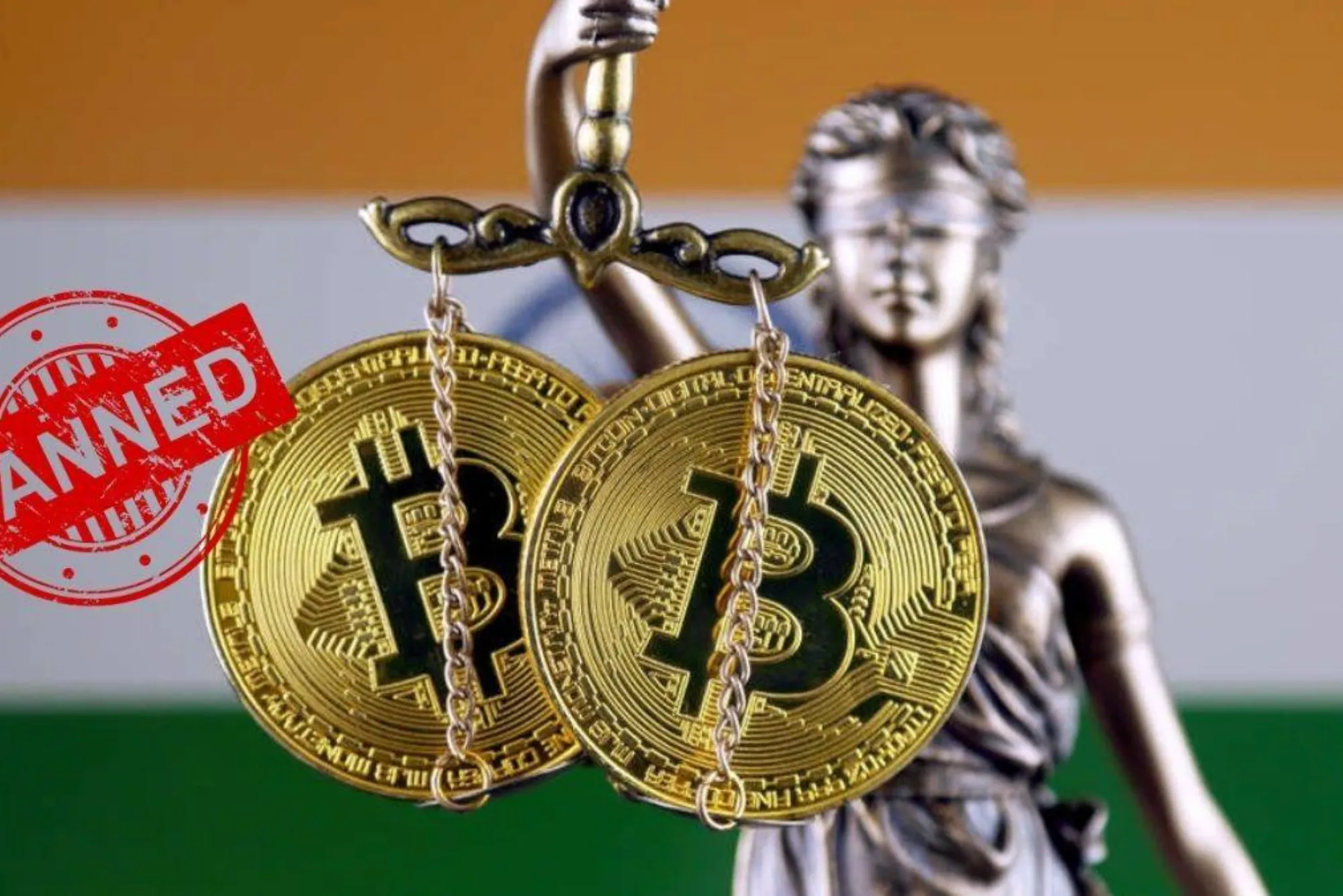Are Cryptocurrencies Banned in India?
Cryptocurrency has been a hot topic in India due to its uncertain regulatory stance. Let’s delve into the current situation to understand whether cryptocurrencies are truly banned in the country.
Understanding the Regulatory Landscape
In 2018, the Reserve Bank of India (RBI) issued a circular prohibiting banks from dealing with cryptocurrency transactions. This led to widespread confusion and fear among cryptocurrency enthusiasts and investors. However, the circular was challenged in the Supreme Court of India, which eventually ruled in favor of cryptocurrency exchanges, lifting the ban imposed by the RBI. This decision marked a significant victory for the cryptocurrency community in India, providing them with a legal framework to operate within.
Legalities and Challenges
While the ban on banking services for cryptocurrency transactions was lifted, India still lacks clear regulatory guidelines for digital assets. The government has expressed concerns about the potential risks associated with cryptocurrencies, including money laundering, tax evasion, and funding illegal activities. As a result, there have been discussions within the government about introducing a comprehensive regulatory framework to address these concerns while fostering innovation in the cryptocurrency space.

Future Prospects
Despite the regulatory uncertainties, the future of cryptocurrencies in India appears promising. Many industry experts believe that India has the potential to become a significant player in the global cryptocurrency market. With a large population, a growing tech-savvy youth demographic, and increasing smartphone penetration, India presents a fertile ground for cryptocurrency adoption and innovation. However, regulatory clarity and investor confidence are essential to unlocking the full potential of cryptocurrencies in the country.
In conclusion, while cryptocurrencies faced regulatory challenges in India in the past, the situation has evolved significantly in recent years. The ban on banking services for cryptocurrency transactions has been lifted, providing a legal framework for cryptocurrency exchanges to operate. However, regulatory clarity remains a key concern, and the government needs to formulate comprehensive guidelines to address the risks associated with cryptocurrencies while fostering innovation and growth in the sector. Overall, the future of cryptocurrencies in India holds immense potential, provided that the regulatory environment remains conducive to their development and adoption.
Ooki Cryptocurrency
Ooki cryptocurrency is a relatively new player in the digital asset space, aiming to revolutionize the way people transact and store value. With its unique features and innovative approach, Ooki has garnered attention from investors and enthusiasts alike. Ooki sets itself apart with its focus on privacy and security. Using advanced encryption techniques, Ooki ensures that transactions are anonymous and secure, protecting users’ financial privacy. Additionally, Ooki employs a decentralized network, eliminating the need for intermediaries and providing users with full control over their funds.



